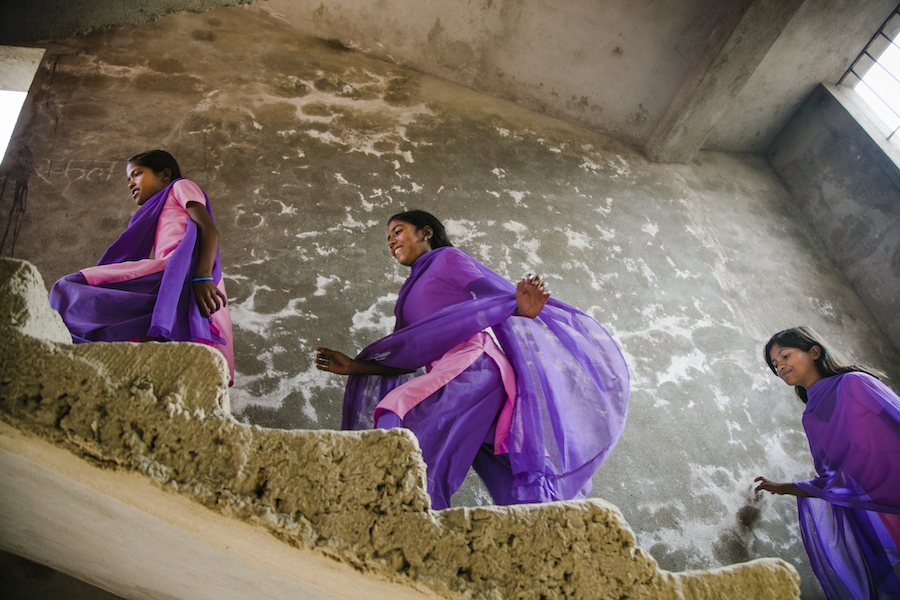This year I had the privilege to spend UK Anti-Slavery Day (18 October) with our partner Survivor Alliance, listening to and learning from survivors of modern slavery. This might sound like a normal and obvious thing to do, but actually it is shockingly rare in the anti-slavery sector. Too often decisions are made, programs are planned, or services are provided, with little to no input from survivors themselves. Instead, survivors are frequently viewed as ‘broken’ objects to be fixed, or as the silent recipients of services, with nothing to offer other than their ‘story’ of exploitation.
Yet survivors are a unique source of expertise, not only on their own needs, but also on the root causes of exploitation, and what works and what doesn’t in anti-slavery interventions. The failure to acknowledge and promote this expertise is a glaring gap in the sector and risks creating flawed programs that can never hope to succeed in preventing exploitation or meeting survivors’ actual needs.
Recognising this gap, the Freedom Fund has been reflecting about the specific role it can play to advance survivor leadership and to broaden its own engagement with survivors to provide more opportunities for meaningful involvement. We know that there are very few survivors in the senior leadership of anti-slavery organisations, and that it is rare for survivors to have the opportunity to advance to leadership positions. Few organisations have in place structures or systems for promoting survivor voice or engagement, and survivor involvement with the anti-slavery sector is often tokenistic and limited to telling their story.
One result of our commitment to changing the way we support and engage with survivors is the Freedom Fund’s new leadership and movement building program, Freedom Rising. This 12-month transformative program will support the advancement of survivor voice and leadership within frontline organisations in the countries where we work, including India, Ethiopia and Thailand. Selection of participants will prioritise survivors, women and other groups typically excluded from leadership, and program content will support emerging leaders as they develop the skills, relationships and resilience to move forward in their leadership journey. The ultimate goal of this program is to create the conditions in which a powerful women and survivor led anti-slavery movement can take root and grow. Our vision is for a movement that consists of inclusive and responsive organisations, that promotes survivor leadership and that actively seeks and incorporates survivor engagement at all levels.
In developing this program, we ourselves will be led by the views and experiences of survivors, and will be working in partnership with survivors throughout the program’s design, delivery and evaluation. We will be seeking a diverse range of survivor expertise – including survivor organisers, trainers and mentors – and will be learning from the knowledge and experience of established survivor leaders and survivor networks. We realise that we cannot hope to incorporate or reflect all survivor views and experiences but will constantly re-evaluate whether we can do more or better, and whether new opportunities for survivor engagement could be found. We are excited about these opportunities and look forward to sharing the journey with our partners around the world.




